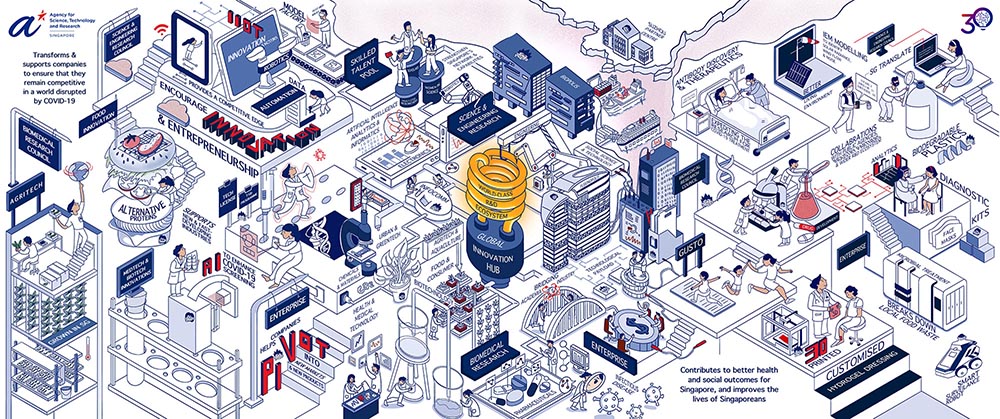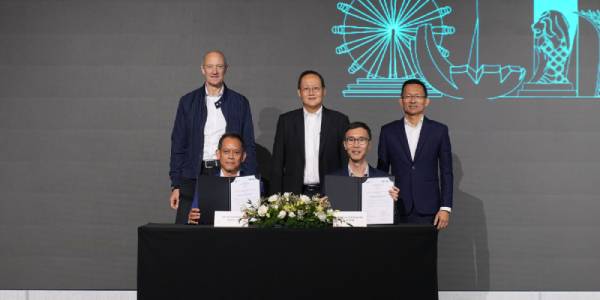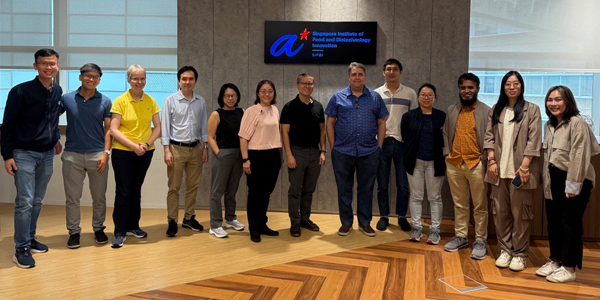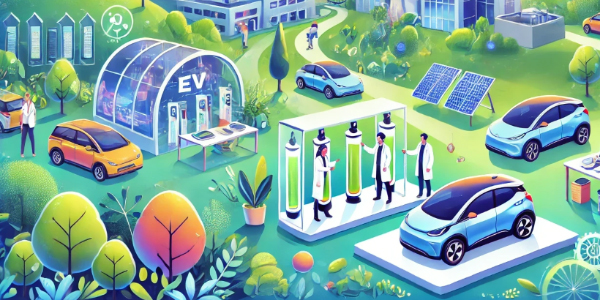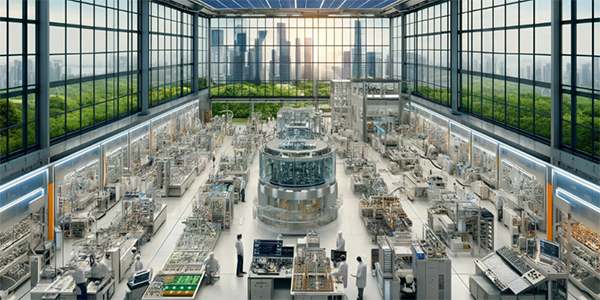Advancing Low-Carbon Innovation for a Sustainable Future

Dr Koh Chen Ning, Division Director of Process Engineering & Safety at A*STAR Institute of Sustainability for Chemicals, Energy and Environment (A*STAR ISCE²), and Programme Director of the Low-Carbon Technology Translational Testbed (LCT³), shares how his passion for innovation drives his work at the intersection of engineering, sustainability and national impact.
Q: What inspired your journey into engineering and sustainability?
From a young age, I was fascinated by how engineering could turn ideas into real-world solutions. My education and early career in chemical engineering taught me how to transform concepts into practical applications that improve lives. Studying in Germany under a Public Service Commission scholarship also broadened my horizons, showing me how innovation thrives when diverse perspectives come together.
After spending nearly two decades in the private sector across multiple countries, I wanted to contribute my experience back to Singapore. Joining A*STAR allowed me to mentor the next generation of engineers and work on technologies that help our industries transition towards a low-carbon future.
Q: Can you tell us how your work at A*STAR supports Singapore’s sustainability goals?
At A*STAR ISCE², my team and I focus on translating sustainability-driven technologies from the lab to industrial practice. The LCT³ initiative plays a key role in this process. Located on Jurong Island, it serves as a national testbed where companies can validate and scale up low-carbon technologies such as carbon capture, hydrogen applications and sustainable fuels under real-world operating conditions.
We aim to de-risk innovation, accelerate deployment and help companies navigate the technical and safety challenges of implementation. Ultimately, LCT³ supports Singapore’s broader efforts to decarbonise the energy and chemicals sector, contributing to our national net-zero ambitions.
Q: What are some examples of collaborations or technologies being developed under the LCT³ initiative?
LCT³ brings together partners from across the ecosystem, from start-ups to multinational companies. For example, we are working with IHI Corporation from Japan to explore converting captured carbon dioxide and hydrogen into sustainable aviation fuel. Another local start-up is developing a process to turn biogas into methanol, creating new pathways for circular-economy innovation.
These collaborations exemplify how A*STAR bridges research and industry to deliver real-world solutions, demonstrating that sustainability and competitiveness can go hand in hand.
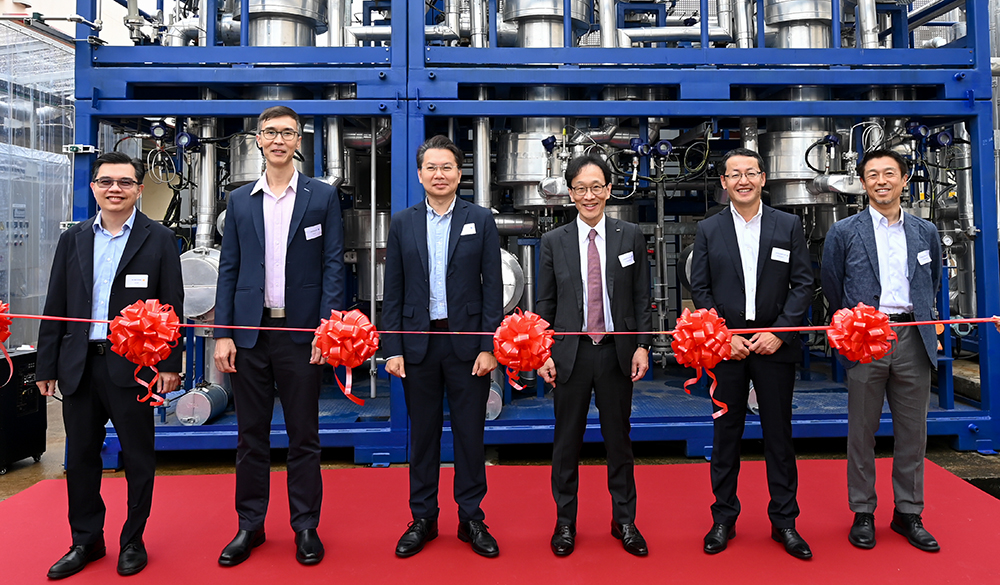
Q: What advice would you give to aspiring engineers interested in innovation and sustainability?
Start by building a strong technical foundation. Understanding how things work at the molecular and systems levels will enable you to turn ideas into viable technologies later on. Do not be afraid to work in the lab or on the ground, as that is where real learning happens.
Through research, we can continue to push boundaries and nurture a new generation of engineers who turn ideas into impact, shaping a more sustainable future for all.
Most importantly, find purpose in what you do. Engineering is not just about solving technical problems; it is about creating impact for people and the planet. The world needs curious, bold minds who are willing to shape the future through science and innovation.
Through his work at A*STAR, Dr Koh exemplifies how innovation can power sustainability, turning research into action and purpose into progress.


.png?sfvrsn=a750a98f_0)




